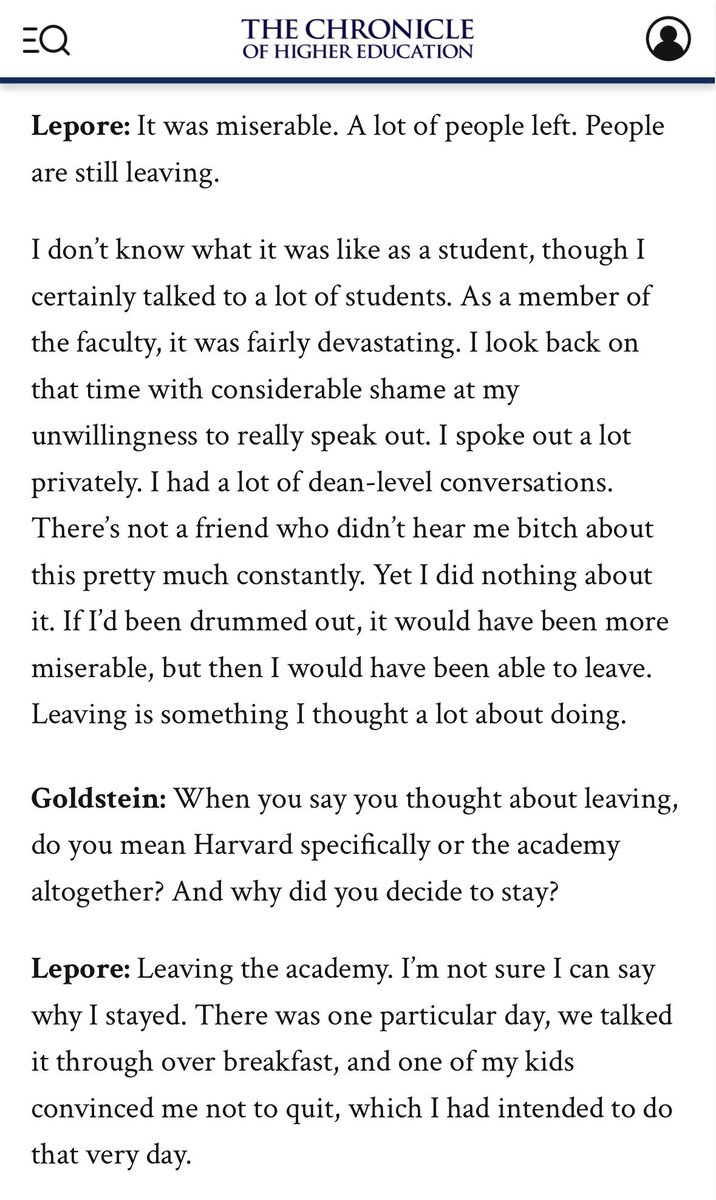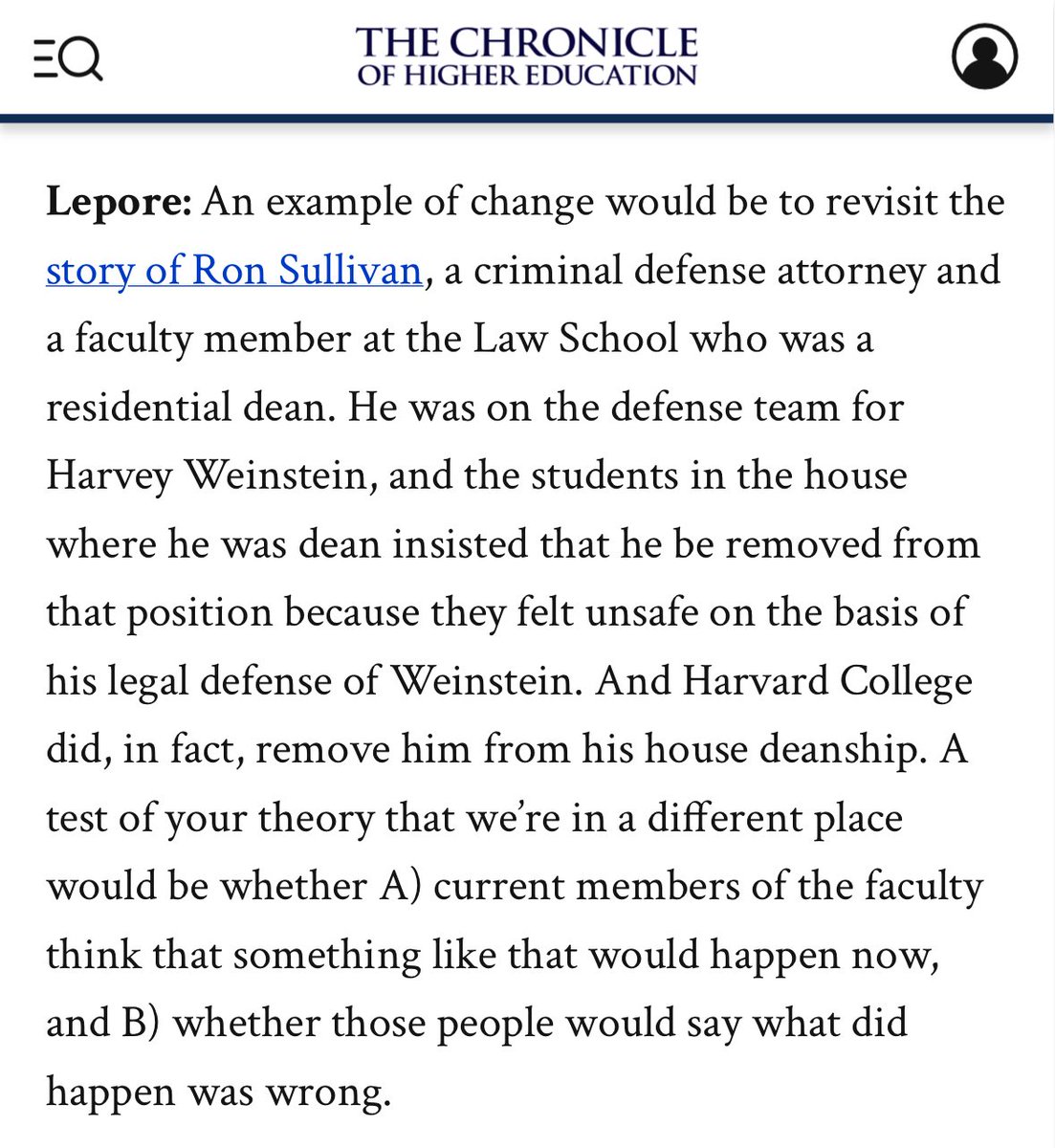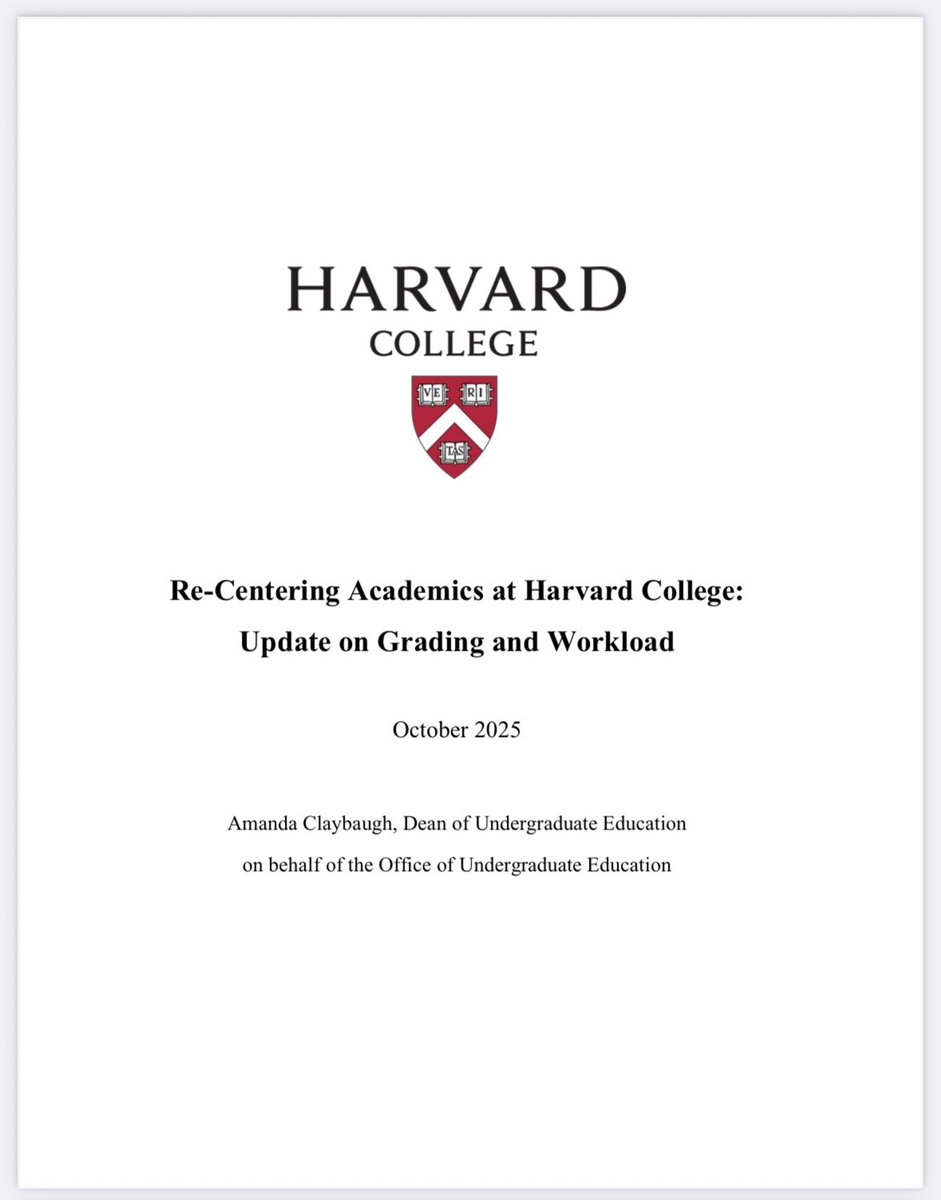NEW: Yesterday Vanderbilt students pushed their way into a campus building to conduct a sit-in in the lobby of the chancellor’s office:
This was the scene inside yesterday:
https://twitter.com/sfmcguire79/status/1772746929178657153
Here’s more video showing the students taunting a police officer:
https://twitter.com/sfmcguire79/status/1772747871655211248
The number of students suspended is up to 16.
The university is reiterating its commitment to free expression but indicting that the protestors are violating time, manner, place restrictions and risking campus safety:
The university is reiterating its commitment to free expression but indicting that the protestors are violating time, manner, place restrictions and risking campus safety:

Later in the evening, the students said the administration brought Panera Bread for security but was denying food and bathroom access to students.
They were peeing in bottles.




They were peeing in bottles.




Some students started to realize they might get arrested while trying to report that one young woman was in danger of toxic shock:
https://twitter.com/sfmcguire79/status/1772809758673629347
Students outside chanted, “Let them pee! Let them eat!”
They report that one of the students outside was detained or arrested:
Nashville police (“at least 20 officers in 15 cars”) were called to the scene in addition to the Vanderbilt police who were already there.
The student was arrested for allegedly breaking a lane of glass.
vanderbilthustler.com/2024/03/26/bre…
The student was arrested for allegedly breaking a lane of glass.
vanderbilthustler.com/2024/03/26/bre…
The Vanderbilt Hustler has a ton of great coverage here:
vanderbilthustler.com/tag/kirkland-h…
vanderbilthustler.com/tag/kirkland-h…
Three students have now been arrested:
In the end, four students were arrested (three inside and one outside), and all the students inside were given interim suspensions, which means they can’t be on campus and had to leave by 5pm local yesterday.
Disciplinary hearings start today.
Disciplinary hearings start today.
The day after:
https://twitter.com/sfmcguire79/status/1773422353994646007
• • •
Missing some Tweet in this thread? You can try to
force a refresh


















